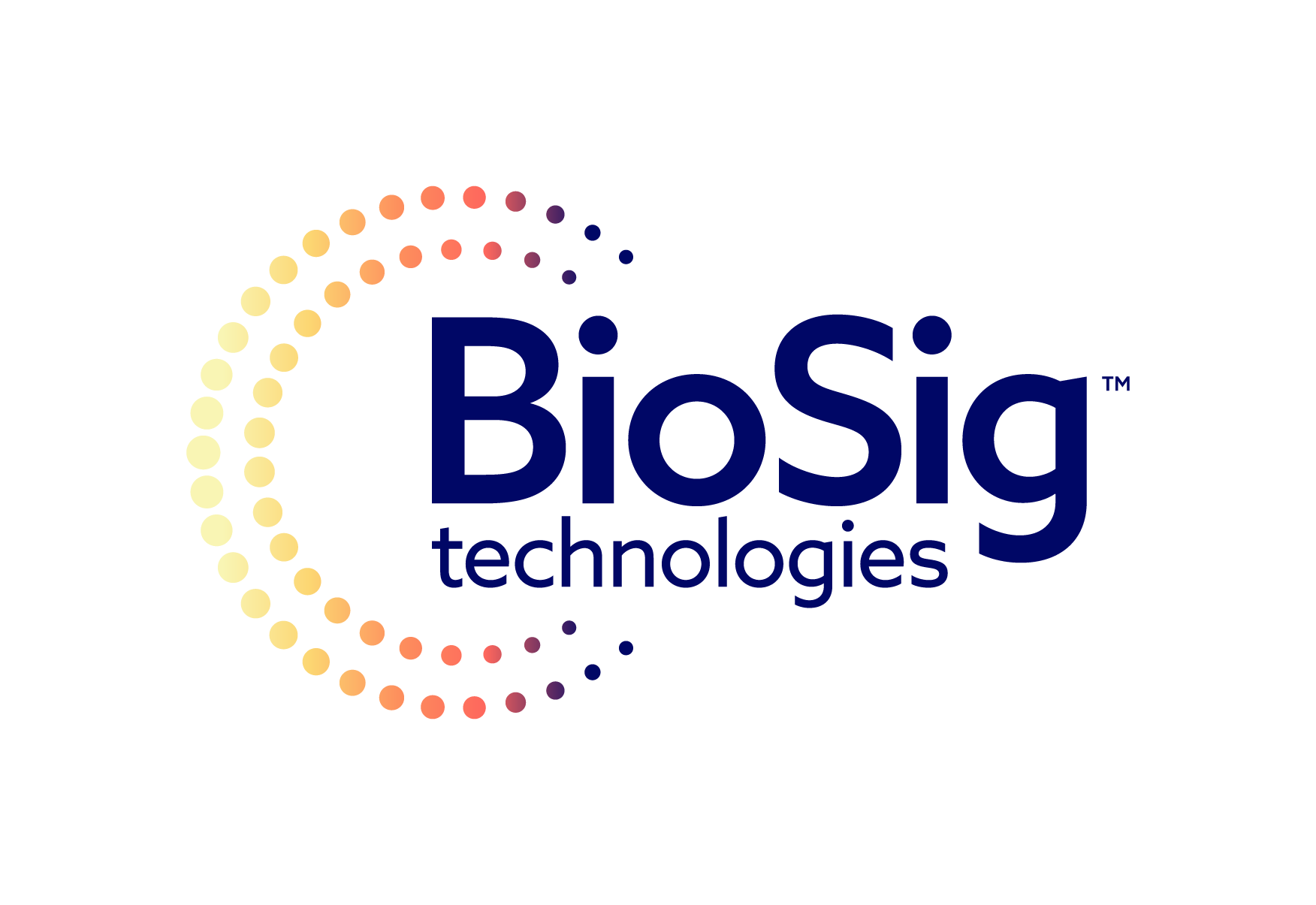Latest News
Clean Energy for All Europeans: Commission welcomes European Parliament’s adoption of new electricity market design proposals

 Reading Time: 4 minutes
Reading Time: 4 minutes
The adoption of the market design rules by the European Parliament marks the finalisation of negotiations on the Clean Energy for All Europeans package.
New rules making the EU’s electricity market fit for the future and putting the consumer at the centre of the energy transition have been signed off by the European Parliament today – an important step in enabling the European Union and its Member States to embrace the clean energy transition, follow up on the already adopted 2030 climate legislation and meet the Paris Agreement commitments. With the completion of these last four legislative acts, the negotiations on the Clean Energy for All Europeans package are concluded and the EU is on the right path to decarbonise its economy in the second half of the century while maintaining its global competitiveness and creating growth and jobs.
Commissioner for Climate Action and Energy Miguel Arias Cañete said: “I thank the European Parliament for its strong support for the clean and fair energy transition, taking the EU a step closer towards delivering the Energy Union with citizens at its core, one of the key priorities President Juncker set out for this Commission. Today’s approval of the new electricity market design will make energy markets more flexible and facilitate the integration of a greater share of renewable energy. An integrated EU energy market is the most cost-effective way to ensure secure and affordable supplies to all EU citizens. I am particularly pleased that we have agreed on a common framework for capacity mechanisms that will ensure such mechanisms will be in line with our climate objectives in the future while taking into account legitimate security of supply concerns.”
Today the European Parliament completed the parliamentary approval of the new Electricity market Regulation and Electricity market Directive as well as of the Regulations on Risk Preparedness and on the Agency for the Cooperation of Energy Regulators (ACER). The Governance of the Energy Union Regulation the revised Energy Efficiency Directive, the revised Renewable Energy Directive and the Energy Performance of Buildings Directive have already entered into force last year.
The new electricity market design rules make the energy market fit for the future and place the consumer at the centre of the clean energy transition. The new rules are designed to empower energy consumers to play an active role in driving the energy transition and to fully benefit from a less centralised, and more digitalised and sustainable energy system. The new rules enable the active participation of consumers whilst putting in place a strong framework for consumer protection. By allowing electricity to move freely to where it is most needed, society will increasingly benefit from cross-border trade and competition to keep energy costs and prices in check. Capacity subsidies to power plants emitting more than 550gr CO2/kWh will be phased out under the new rules. The new market design also contributes to the EU’s goal of being the world leader in energy production from renewable energy sources by allowing more flexibility to accommodate an increasing share of renewable energy in the grid. The shift to renewables and increased electrification is crucial to achieve carbon neutrality by 2050.
Next steps
Following this parliamentary approval, the Council of Ministers of the EU will have to formally approve the texts of the Directive and three Regulations, after which the new laws will be published in the Official Journal of the Union. The Regulations will enter into force immediately (with a date of application of 1 January 2020 for the Electricity Regulation) and the Directive will have to be transposed into national law within 18 months.
Background
On 30 November 2016, the Commission proposed new rules (a revised Electricity market regulation and a revised Electricity market directive as well as a new Regulation on Risk Preparedness and a revised Regulation on the Agency for the Cooperation of Energy Regulators (ACER)) on the EU energy market design in order to help energy markets include more renewables, empower consumers, and better manage energy flows across the EU.
Markets need to be improved to meet the needs of renewable energies and attract investment in the resources, like energy storage, that can compensate for variable energy production. The market must also provide the right incentives for consumers to become more active and to contribute to keeping the electricity system stable. Today’s electricity market has fundamentally changed since 2009, when the most recent legislation was introduced. The share of electricity produced by renewables is expected to grow from 25% to 55% in 2030.
The proposed measures also contain measures that ensure that state interventions designed to make sure there is sufficient energy available are only used when really needed, and in a way that does not distort the internal electricity market.
Through the revised Directive, these new rules will put consumers at the heart of the transition – giving them more choice and greater protection. Consumers will be able to become active players in the market thanks to access to smart metres, price comparison tools, dynamic price contracts and citizens’ energy communities. At the same time, energy poor and vulnerable consumers will enjoy better protection.
The revised Electricity Regulation opens up electricity markets to renewables, energy storage and demand response, it brings stricter and harmonised rules for capacity mechanisms, reconciling thus the EU objectives of security of supply and emission reduction. Enhanced regional coordination will improve market functioning and thereby competitiveness while making the system more stable.
The Risk-preparedness Regulation increases the resilience of the EU electricity system and the Regulation on the Agency for the Cooperation of Energy Regulators (ACER) enhances ACER’s role of coordinating regulatory authorities of Member States.
More information
Blockchain
BioSig Technologies, Inc. Signs Definitive Share Exchange Agreement with Streamex Exchange Corp. to Launch First-Mover Real-World Asset (RWA) Tokenization Company Bringing Commodity Markets On-Chain.
Blockchain
From Onboarding to Settlement in Minutes: TransFi Launches BizPay to Redefine Global Business Payments

TransFi
Blockchain
Freeman Quantitative Trading(FQAI) 5.0 Is Coming—Ushering in a New Wave of Intelligent Investing
-

 Blockchain Press Releases6 days ago
Blockchain Press Releases6 days agoCoinW Unveils Industry-First Futures Protection Program:Instant Refunds Designed to Safeguard Traders
-

 Blockchain Press Releases3 days ago
Blockchain Press Releases3 days agoCM Global Services (CMGS) Secures Exclusive Multi-Year Logistics & Procurement Partnerships with Compass Mining and NovoMod
-

 Blockchain Press Releases4 days ago
Blockchain Press Releases4 days agoOnRe, Backed by Ethena, Solana Ventures, and RockawayX Launches Structured Yield Product Combining Real-World Stability and On-Chain Upside
-

 Blockchain6 days ago
Blockchain6 days agoBlocks & Headlines: Today in Blockchain – May 19, 2025 | DoubleZero, Toobit, Story Protocol, Marco Polo, Argo Blockchain
-

 Blockchain4 days ago
Blockchain4 days agoVanEck Prepares to Launch PurposeBuilt Fund to Invest in Real-World Applications on Avalanche
-

 Blockchain Press Releases5 days ago
Blockchain Press Releases5 days agoHTX Unveils Finalists for $6M Mars Program Special Edition, Space Journey Selection Enters Final Phase
-

 Blockchain Press Releases5 days ago
Blockchain Press Releases5 days agoHTX Launches Multi-Assets Collateral Mode for USDT-Margined Futures, Empowering Traders With Enhanced Capital Efficiency
-

 Blockchain Press Releases4 days ago
Blockchain Press Releases4 days agoHTX Executives Go Face-to-Face: Justin Sun & Molly Dive Into Market Strategy, Space Visions, and More Opportunities









































